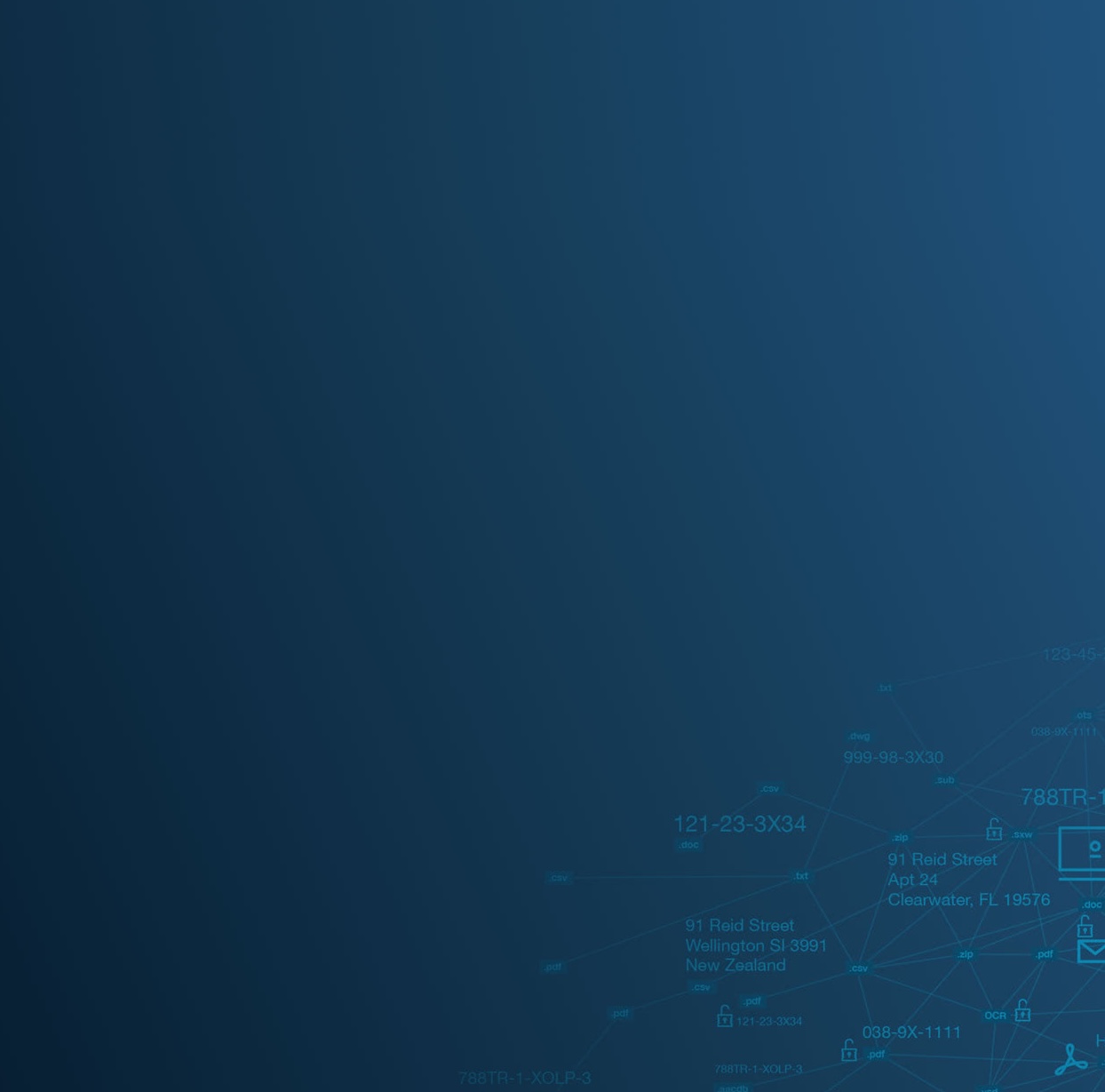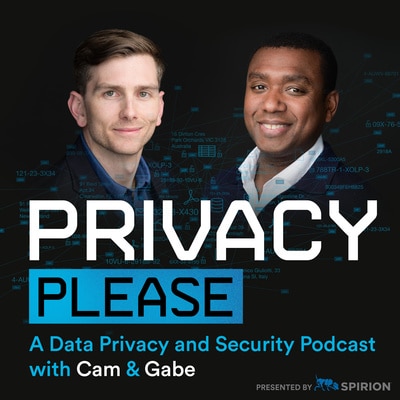This week’s episode will make you turn off your phone and leave it in the closet. Okay, maybe it’s not that extreme, but our guest Debbie Reynolds (known as the “Data Diva”) shares how you are tracked in ways you never thought possible. Reynolds, whose official title is Founder and Chief Data Privacy Officer of Debbie Reynolds Consulting, has a lively conversation with Gabe and Cameron about personal privacy.
Here are the highlights from our chat:
How Reynolds became the data diva
Back in 1997, her mom bought a book called “The Right to Privacy” and Reynolds was instantly fascinated as she read through the stories about activities she assumed were private, but which were not. Privacy became a personal passion that she eventually turned into her own business as the CEO, founder, and chief data privacy officer of Debbie Reynolds Consulting. For the past 20 years, she has spent her workdays helping multinational corporations with projects concerning data privacy, data movement, and data flow issues. Often, these companies are going through a change such as moving into a different market or geographic region.
Several years ago, Reynolds met a Wall Street Journal reporter who responded to Reynold’s elevator speech with “Oh my goodness, you’re like a data diva.”
“She told me that I should use that as a nickname,” says Reynolds. “At first, I worried people would not take me seriously, but people love it and I get customers calling me from all over the world”
Data privacy in her world
“Data privacy, in my world, is a data problem that has legal implications — not a legal problem that has data implications. For me, it’s all about the data and where it flows. Information that was never captured before is now captured in systems and by companies, which use the data in different ways. Most of us have no visibility into what is happening with our data — who is using it, who is seeing, what inferences are made from it, how is it used — employment, credit, medical?”
-Debbie Reynolds CEO, founder, and chief data privacy officer of Debbie Reynolds Consulting
Real life “Face/Off” — Without Nicholas Cage or actually removing your face
Not surprisingly, once we started talking about facial recognition the conversation veered to the movie “Face/Off” — which Reynolds says always happens. Before the COVID-19 pandemic hit, she predicted that the hot issue around data privacy would be facial recognition, especially bias in algorithms. Although facial recognition has taken a backseat, she talked about its importance because it impacts everyone, thanks to cellphones and social media. Because we cannot change our faces, people are now using biometrics to gather enough information to impersonate you in the digital world, explains Reynolds.
Privacy (or lack of) in the cloud
“Privacy in the Constitution is about unreasonable search and seizure, and even that is being stretched very thin to mean things in your physical space. If you had a printed will or other documents at home, then the Constitution protects the document as a personal and private thing under the 4th Amendment because it was in your house. However, if you put the same document in the cloud, it no longer has the same protections, which makes no sense.”
-Debbie Reynolds CEO, founder, and chief data privacy officer of Debbie Reynolds Consulting
A feel-good privacy story
We proved on today’s show that there is such a thing as a feel-good privacy story among the gloom and doom that is often the theme of privacy stories. Reynolds held up Canada and New Zealand as having adequate protection per the EU — which she described as a happy dance story. She shares her hope that in her lifetime she will be able to walk down a street without cell phone towers turning her data into a money machine somewhere. Like everyone else, she doesn’t want to feel like she’s constantly being tracked. Gabe proves that it is possible to have two happy privacy stories and shares an anecdote involving cellphones, a red wagon, and a traffic jam. But to hear that one you must listen to the episode.
Everything you do is tracked
“Thirty years ago, when you went to get milk no one was tracking you and no one cared. But now, if you have a phone in your pocket, it knows exactly what time you went to the grocery store, that you spent 2 minutes in the frozen food aisle, and that you like Breyers ice cream. All of this information that didn’t mean anything before is now gathered, collected, and collated.”
-Debbie Reynolds CEO, founder, and chief data privacy officer of Debbie Reynolds Consulting
Tik Tok is not the only app reading your clipboard
Reynolds says that while people are up in arms about Tik Tok, almost any app could do the same thing — and many do. When you are running iOS, the phone has the native capability — if an app is programmed in a certain way — to read data from your clipboard to help with the related transaction on the phone. She explains that most app makers don’t do this, but people who are “being naughty” program the ability to read your clipboard into their app. While she knows that most people don’t want to read privacy policies, she recommends reading them because most people would be surprised and frightened at what they’ve agreed to.
We’ve hit the highlights of our chat, but you need to listen to the whole episode yourself. Reynolds shares three things all of us should be doing to protect our own privacy, but most people aren’t. And you’ll find out Gabe’s favorite candy bar.
FOUND IN GDPRData PrivacyPersonal Data



